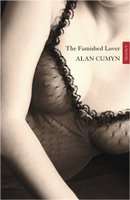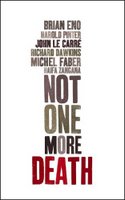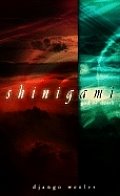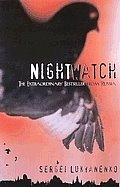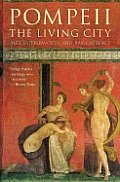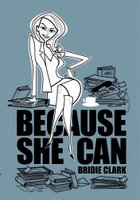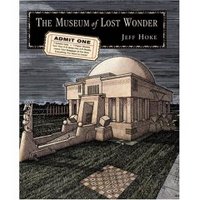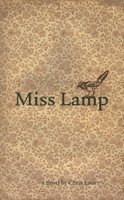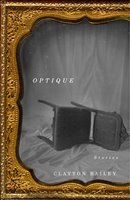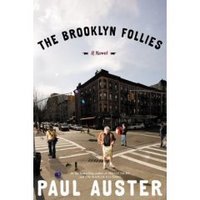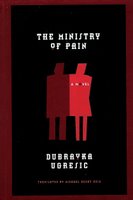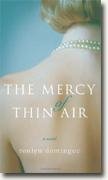Summer & Fall 2006 Book Lists
After reviewing the Fall 2006 offerings from the various publisher’s catalogues, I created a multi-part listing of my personal recommendations. This post is intended to provide a summary of the publishers I listed, with links to the relevant original post. If publishing houses are missing it is because I have not yet looked through their Summer/Fall offerings.
My disclaimer: These are the books which I personally am looking forward to hearing more about and perhaps reading. This is in no way a reflection on what I think is going to be a big hit this fall nor am I suggesting that any author is publishing a “bad” book by not listing it here. At the time the lists were created, I had not read the books (except for a few instances and then a link to my review is posted).
List of Publishers
Abrams
Andrews McMeel Publishing
Ballantine/Del Rey
Berkley Publishing Group
Broadway Books
Bulfinch Press
Canadian Manda Group
Coach House Books
Conundrum Press
Cormorant Books
Douglas & McIntyre
The Dundurn Group
ECW Press
Farrar, Strauss and Giroux
Fitzhenry & Whiteside
Goose Lane Editions
Greystone Books
Griffin
H.B. Fenn
Henry Holt and Company
Independent Publishers Group
Key Porter Books
Knopf Books
Little, Brown and Company
Llewellyn/Midnight Ink
MBI Publishing Company
McGill-Queen’s
Medallion Press
Merrell
Miramax Books
Oxford University Press
Penguin Group
Perseus Books Group
Picador
Putnam
Raincoast Books
Random House
Rendezvous Press
Simon & Schuster Canada
St. Martin’s Minotaur
St. Martin’s Press
Sourcebooks
Sterling
Stewart, Tabori & Chang
Tor
University of Toronto Press
Vehicule Press
Verso
Warner Books
Wilfrid Laurier Press
Initial Picks: BookExpo Canada picks for summer reading
tags: books Book Expo Canada reading fall books 2006 publishing Raincoast Books Farrar, Strauss and Giroux Coach House Books Dundurn Group Vehicule Press Fitzhenry & Whiteside Simon & Schuster Key Porter Books Picador St. Martin’s Minotaur Miramax Books Henry Holt and Company Medallion Press Bulfinch Press Tor St. Martin’s Press Little, Brown and Company Warner Books MBI Publishing Company Griffin H.B. Fenn Conundrum Press Llewellyn Midnight Ink Berkley Publishing Group Putnam Penguin Group Rendezvous Press Cormorant Books Douglas & McIntyre University of Toronto Press Greystone Books Wilfrid Laurier Press ECW Press Sourcebooks Goose Lane Editions Del Rey Verso McGill-Queen’s Broadway Books Knopf Books Random House Perseus Books Group Oxford University Press Canadian Manda Group Sterling Merrell Stewart, Tabori & Chang Andrews McMeel Publishing Independent Publishers Group Abrams




